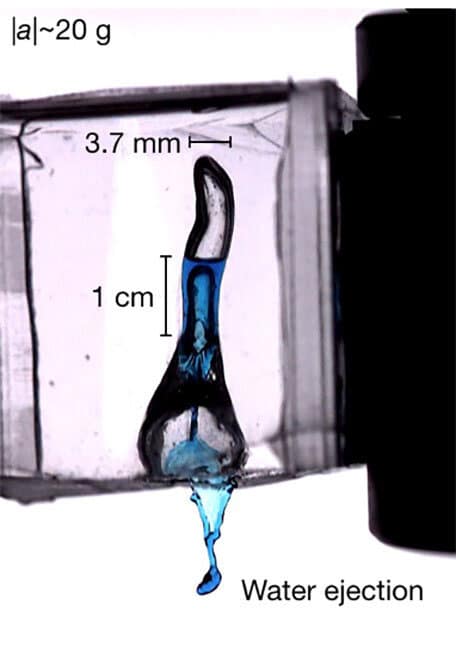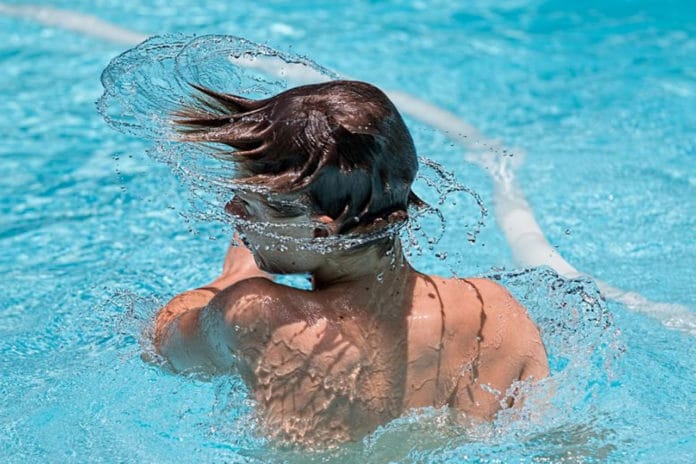When water trapped in your ear canal from any exposure to water, you may feel a tickling sensation in your ear. Your ears may feel clogged, and you may also not be able to hear as well or only hear muffled sounds.
People often shake their head to get water out of the ears. But, this is the wrong method to do so, and it may even lead to brain damage, suggests a new study.
Scientists at the Cornell University and Virginia Tech, show shaking head to eject trapped water can cause brain damage in small children.
Anuj Baskota from Cornell University said, “Our research mainly focuses on the acceleration required to get the water out of the ear canal. The critical acceleration that we obtained experimentally on glass tubes and 3-D printed ear canals was around the range of 10 times the force of gravity for infant ear sizes, which could cause damage to the brain.“
“For adults, the acceleration was lower due to the larger diameter of the ear canals. The overall volume and position of the water in the canal change the acceleration needed to remove it.”

“From our experiments and theoretical model, we figured out that surface tension of the fluid is one of the crucial factors promoting the water to get stuck in ear canals.”
Scientists suggest, “Fortunately, there is a solution that does not involve shaking head. Presumably, putting a few drops of a liquid with lower surface tension than water, like alcohol or vinegar, in the ear would reduce the surface tension force allowing the water to flow out.”
Scientists will present their findings at the American Physical Society’s Division of Fluid Dynamics 72nd Annual Meeting. The conference takes place at the Washington State Convention Center in Seattle on Nov. 23-26, 2019.
